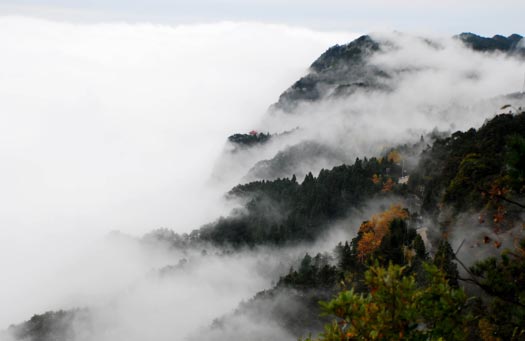 WITH THAI ELECTIONS taking place today – and the pro-Thaksin Pheu Thai poised to seize a parliamentary majority – it seems appropriate to talk about Tom Vater’s book, Sacred Skin, photography by Aroon Thaewatturat. What’s important about Tom and Aroon’s book is that, in part, it cuts to the quick of the contradictions that are at the heart of the Thai political dilemma. Of course, these elections are a face-off between new money (former CEO prime minister Thaksin Shinawatra) and the old guard – the military and forces broadly loyal to the monarchy. But the dividing lines of this election are also equally urban/rural, which amounts to a geographical divide between Bangkok and parts of the South – which has its own divides – and the North and Northeast, or Isaan.
WITH THAI ELECTIONS taking place today – and the pro-Thaksin Pheu Thai poised to seize a parliamentary majority – it seems appropriate to talk about Tom Vater’s book, Sacred Skin, photography by Aroon Thaewatturat. What’s important about Tom and Aroon’s book is that, in part, it cuts to the quick of the contradictions that are at the heart of the Thai political dilemma. Of course, these elections are a face-off between new money (former CEO prime minister Thaksin Shinawatra) and the old guard – the military and forces broadly loyal to the monarchy. But the dividing lines of this election are also equally urban/rural, which amounts to a geographical divide between Bangkok and parts of the South – which has its own divides – and the North and Northeast, or Isaan.
In this sense, Tom and Aroon’s book is a document from the other Thailand, and it’s a welcome antidote to the “Land of Smiles”, “Temples of Thailand”, etc, pictorials that many of us end up leafing through at Suvarnabhumi international airport and at Asia Books in Bangkok. This is because the subject of the book is sak yant, which as the book explains is “a Sanskrit word derived from yam, which means control or restraint, and tra, which means freedom or liberation.” Far more than simple tattoos, sak yant are “a conduit for cosmic energies, effective only if accompanied by incantations, meditation and trances, and a visualization of a mantra, a prayer.”
In a recent interview with CNN Tom talks about the origins ofsak yant in India and in Cambodia and explains, “The wearers believe that it stops bullets or knives and has miraculous effects.” Dismissed by many among the Bangkok urban elite as pure superstition, it is the wearers of sak yantwho make up a large part of Thaksin’s support base, and if the military decides to void the elections the “sacred skin” look poised to win “the wearers of sak yant” will likely be back in Bangkok and dodging bullets again.






